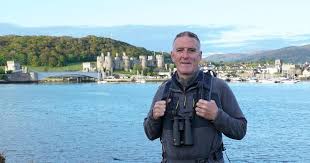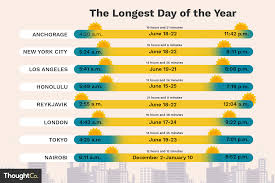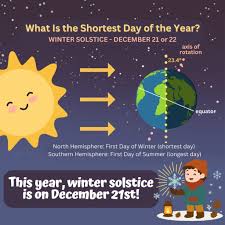Iolo Williams: A Champion for Wildlife Conservation

Introduction
Iolo Williams, a prominent figure in wildlife conservation, has gained recognition not only for his impressive television career but also for his unwavering commitment to environmental activism. His work has been pivotal in raising awareness about the importance of protecting the natural world in the UK. As challenges related to climate change and biodiversity loss become increasingly urgent, Williams’ advocacy serves as a crucial reminder of the impact individuals can have on conservation efforts.
Career Highlights
Born in 1963 in Builth Wells, Wales, Iolo Williams has dedicated his life to wildlife observation and education. He began his career as a nature reserve warden and gradually transitioned into broadcasting. Williams has presented numerous wildlife programmes, including those for the BBC, such as “Iolo’s Wild Wales” and “The One Show” where he shares his extensive knowledge of British wildlife. His engaging presentation style has inspired many to connect with nature and understand the necessity of conservation.
Contributions to Conservation
Beyond his contributions to television, Iolo Williams has been deeply involved in various conservation initiatives. He serves as a patron for multiple wildlife charities, advocating for the protection of endangered species across the UK. Individuals inspired by Williams’ message are encouraged to participate in local conservation efforts, whether through volunteering or education initiatives. His emphasis on grassroots activism underpins a belief that everyone has a role to play in protecting our environment.
Recent Developments
In recent months, Williams has been vocal about the challenges posed by climate change, urging greater governmental and individual action. He has spoken at various environmental forums, highlighting the importance of sustainable practices and policies. Enhanced conservation efforts are essential not only for wildlife preservation but also for ensuring a healthy planet for future generations.
Conclusion
Iolo Williams remains a vital voice for wildlife conservation in the UK and beyond. His engaging approach to sharing knowledge about nature not only entertains but also educates viewers, fostering a generation that respects and values the environment. As the urgent need for conservation becomes more apparent, Williams’ role as an influencer and advocate cannot be understated. For readers, following Williams’ work and engaging in conservation efforts can lead to meaningful contributions towards a sustainable future.









